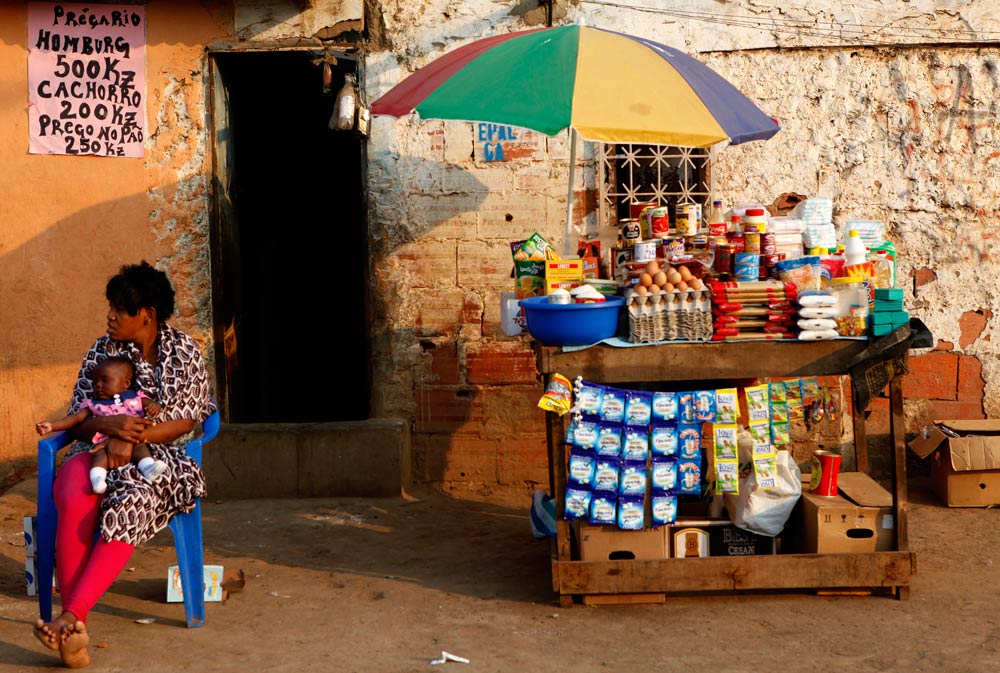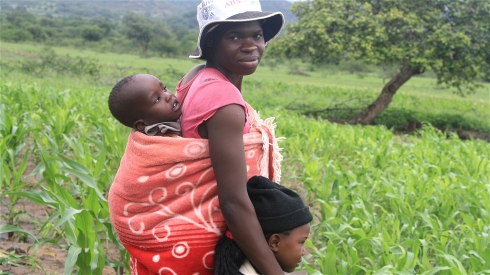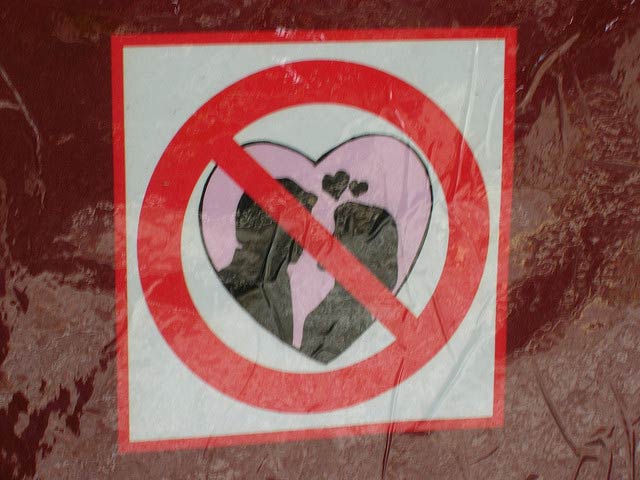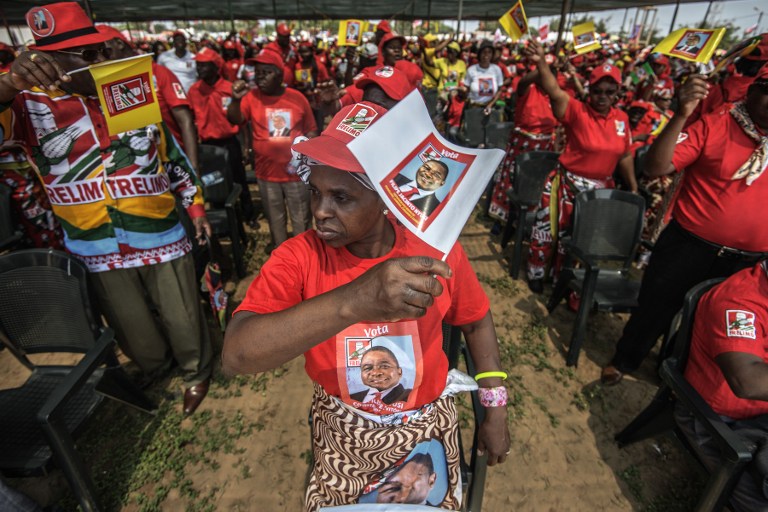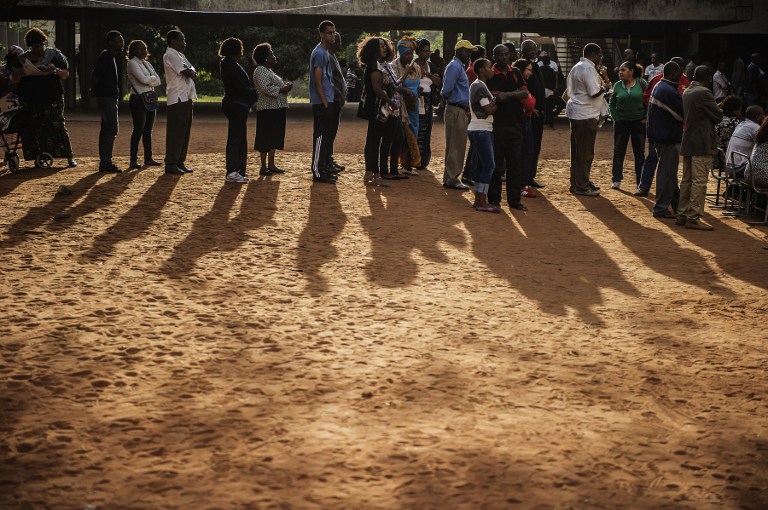Voting began on Friday in Namibia’s presidential and legislative elections, in an election that is expected to see the ruling South West People’s Organisation (Swapo) party retain power in the country it has run since independence 24 years ago.
Voters at Katutura township, outside the capital Windhoek, formed long lines before daybreak, including some first-time “born free” voters -those born after independence in 1990.
“It’s a rich country with poor people, so I hope there is more balance,” said 43-year-old Elias while waiting to cast his vote.
Although he expects the ruling Swapo to win, he wants to see a more opposition parliamentarians challenge the long-party’s 24 year grip on power.
Polls opened at 7am local time and will close around 14 hours later in the latest closing stations.
Some had waited patiently in line since 4am in the cool morning air, with steaming thermoses full of coffee and tea.
The country’s fifth election since independence is billed as the first e-vote in Africa, with 1.2 million people expected to cast their ballots electronically.
After the polls opened, voting was initially slow, as presiding officers at Katutura rolled out the new electronic voting system. But things quickly sped up.
“Once it starts, it’s fast,” said one of the voters exiting the polling booth.
Namibians make history today by being first African country to vote electronically. #namibiavotes #sabcnews pic.twitter.com/gxOPxNirGL
— Zalene Merrington (@ZaleneM) November 28, 2014
On entry to the polling station, electoral officers checked voting cards against the voters roll as well as the thumb for signs of indelible ink indicating the person has already voted.
The voters cast their ballots for presidential and parliamentary candidates on separate machines, chunky slabs of green and white plastic with the names and images of candidates and their party affiliation that make a loud beep after each vote.
“The younger people get it first time, but the older ones you have to explain a little,” said presiding officer Hertha Erastus.
Opposition parties had launched an 11th-hour court challenge to stop the vote from going ahead, saying the use of Indian-made e-voting machines could facilitate vote rigging. The High Court in Windhoek dismissed the case.
President Hifikepunye Pohamba who has served a maximum two five-year terms in office steps down after the vote and is likely to be succeeded by Prime Minister Hage Geingob, if Swapo wins the election.
The liberation movement won 75 percent of the vote in the last election, but the party has seen increased criticism of the slow pace of land reform as well as allegations of government corruption.
